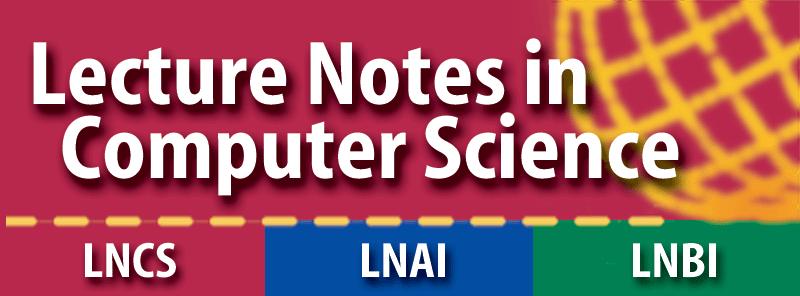
2nd IFIP International Conference on Machine Learning for Networking (MLN'2019)
Paris, France, December 3-5, 2019
Tutorial title: Towards intelligent mobile networks
Abstract
Future mobile networks promise to be more intelligent and to guarantee a better connectivity as well as service for users. They are designed to ensure that “Every thing is connected to every thing at any time”.
One of the directions is to provide context-aware services. For that, the cognition of mobile user behavior can help in building intelligent and suitable mobile networks. This will allow operators to optimize every connection for every user, device and application, by shifting the network planning, and monitoring tools from a network-centric to a user-centric view. It will help mobile networks to face the variable consuming habits of users that impact the network conditions. At the same time, the mobile networks will individually meet the demands or needs of customers, thus focusing on user satisfaction.
In this tutorial, we will talk about using machine learning for the cognition of mobile user behavior. The cognition of user behavior can enhance the self-adaptation capabilities of mobile networks. The use context awareness is a pre-requisite for inferring the mobile user behavior and thus, for precisely profiling the mobile users. The context of use, namely the context of mobile user is the characteristics of the users, tasks and the environment in which the system is used. Consequently, defining all the usage situations of mobile services leads to addressing of 6 main questions according to Kipling’s method (who / where / what / when / why / how).
We will present a study of user behavior modeling when considering the user behavior as an abstraction of diverse usage situations experienced by mobile users. The focus will be on the environment and the mobility, which are related to the use context. Thus, we will mainly focus on the 'where' and 'how' questions related to the user profile. We will talk about our journey from data collection, data cleaning, using machine learning tools to detection of the use context. In context of the above steps, the tutorial will discuss the problems faced and the practical aspects of applying supervised and semi-supervised training as well as transfer learning.
The tutorial will end with future directions and challenges on applying machine learning to make mobile networks more intelligent.
Speaker : Marie Line Alberi Morel

Biography
Dr. Marie-Line Alberi Morel is a senior researcher at NOKIA Bell Lab. She is interested in machine learning and especially in deep learning, multi-task learning and semi-supervised approaches for mobile user behavior prediction in 5G networks. Her research focuses on autonomic cognitive networks, SDN/NFV-based 5G networks automation and QoE. She has conducted research in physical and video layers, and in interference mitigation. Particularly she investigated video super-resolution, linear video coding and hierarchical modulation for video services over mobile and broadcast networks. Since 2007 she has joined University Paris-Est (Marne-La-Vallée, France) as an Associate Professor and actually she serves as master's degree program head in mobile telecoms. She received the Ph.D. degree in the signal processing field in 2001 from University of Paris Sud (Orsay, France).
Speaker : Kamal Singh

Biography
Kamal Singh is currently an Associate Professor at Telecom Saint Etienne / University Jean Monnet, France. His research interests include Artificial Intelligence, Mobile Networks, Quality of Experience (QoE) and Internet of Things. He received the B.Tech. degree in Electrical Engineering from Indian Institute of Technology (IITD), Delhi, India in 2002. He obtained his Ph.D. degree in computer science from University Rennes 1, France in 2007. He then joined the Dionysos Group, National Research Institute in Computer Science (INRIA), as a Postdoctoral Researcher. There he co-developed many components of quality-of-experience estimation tools using machine learning. After that, he was a Postdoctoral Researcher with Telecom Bretagne, Rennes, where he worked on Internet of Things and Cognitive Radio. In Saint Etienne, he is currently a part of the research team called Connected Intelligence at the Laboratoire Hubert Curien.






